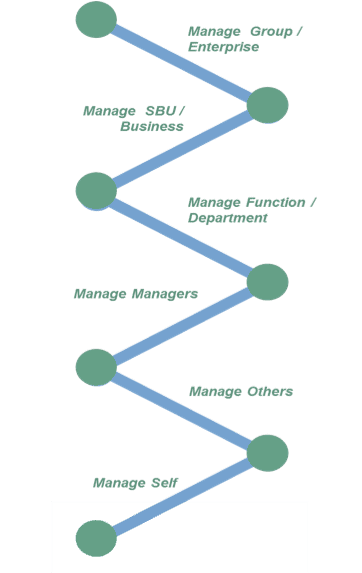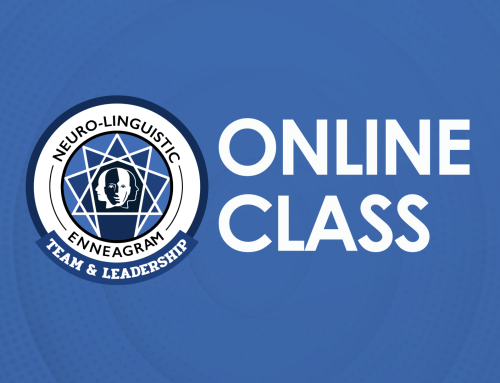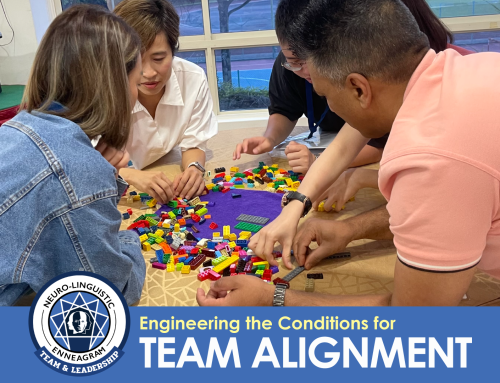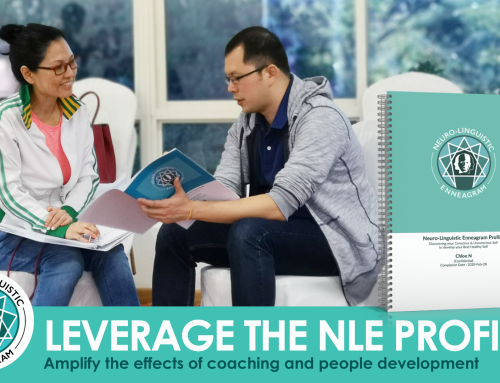We live in the VUCA world (Volatile, Uncertain, Complex and Ambiguous) where waves of change keep sweeping across and against organisations. Increasingly, people are expected to ‘plug and play’. They have to rapidly adapt to new ideas, new jobs and new environments.
Unfortunately, very often people change jobs or are promoted without prior preparation to fit in their new roles or environments. As such, they find it harder to adapt, take more time to settle in and fall short in delivering to expectations. This
Transition coaching proactively helps people develop the necessary resources to succeed.
This means developing a clear and actionable onboarding plan focusing on 3 critical factors:
- Mindset
- Competencies
- Relationships
The Leadership Pipeline (Drotter, Noel & Charan) is a useful and practical model which I apply in Transition coaching. It outlines the 6 major life passages of an employee as he/she grows:

In order to succeed in each of the 6 passages, a shift in terms of mindset, a new set of competencies as well as new relationships are required.
When applying this to transition coaching, we need to look at the leadership passage the employee is crossing and customize the coaching to his/her context. Then we focus on the 3 critical factors:
1. Mindset
What shifts in attitude and beliefs are required for the new job or organization?
What limiting beliefs to overcome in order to succeed in the job?
Changing jobs requires changing one’s operating mindset. For example, being promoted from a technical specialist to a department manager requires a new mindset in terms of accountability, managing people & resources, interacting with other departments and expected deliverables. In practice, this means:
- Being clear on what one has to start, continue and stop (being + doing)
- Onboarding a new set of beliefs and attitudes required for the new role
- Understanding and aligning with the immediate supervisor’s expectations
2. Competencies
What new skills are required for this new job and/or environment?
What existing skills does one have that they can leverage on in this new role?
And what does one have to unlearn?
This is a critical part of transition coaching. It involves developing awareness, openness and flexibility to unlearn, change and learn new sets of knowledge and skills. For example, a new department manager will have to exercise a range of new competencies on the job.
In practice, I normally work on co-creating a development plan outlining the required competencies in 3 categories:
- Managing self – e.g. time management, stress management, self-leadership etc.
- Managing others – e.g. people management, influencing, conflict management etc.
- Managing the business – e.g. marketing, finance, sales, customer service etc.
3. Relationships
What are the key relationships to build and maintain?
Who are the key stakeholders to manage?
What is the culture of the organisation like?
When changing jobs or environments, relationships are often underestimated. In fact, poor relationships (be it with the boss, peers or team members) is one of the main reasons why people seek to change jobs. Once in a new job, one does not get a second chance to make a good first impression. In practice, this means:
- Creating a stakeholder map to better understand and build rapport with key influencers (the boss, opinion leaders, decision makers). This helps to identify and leverage on the key relationships, at this passage of the pipeline, to succeed in the job.
- Developing clarity of the cultural facets of the team and/or organisation so as to fit in the culture.
- Having open and courageous conversations when required (i.e. when and how to confront or say No) in order for the relationships to work.
‘Our people are our greatest assets’.
How many times have you come across organisations advocating this?
Let me guess: pretty often. And these same organizations invest heavily in employer branding, recruitment campaigns, training and wellness programmes. The question now is: are these really going to bring the highest ROI for the business?
No, they’re not.
My advice? If you want to develop a strong leadership pipeline and yield higher returns in terms of performance of newly recruited or promoted talent, put your money where it matters most: invest in transition coaching.
Transition Coaching is an important segment in our ICI Executive Coach Certification. Learn more about our coaching methodology and certification criteria here.
[inf_infusionsoft_inline optin_id=”optin_2″]






